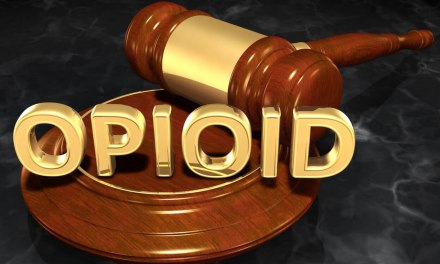Here’s a new book on the growing number of links between corporate America and a host of problems that continue to afflict modern society. Title: The Age of Addiction: How Bad Habits Became Big Business, by David Courtwright. The Vox website features an interview with the author. If you’re interested, that is, in the notion that capitalism itself can be at the root of much human misery.
Capitalism is Turning Us Into Addicts
Of course, addiction and substance abuse have been around for thousands of years, whereas capitalism the economic system didn’t flower until the 16th Century, in the wake of the collapse of feudalism. I’m using a broad definition of capitalism as a system designed to place control over industry, trade, and commerce in the hands of private enterprise, for the express purpose of making a profit.
It’s the last bit that’s most important. That’s why we can’t logically complain when we discover some corporation has put its own profits ahead of other considerations, even those we believe to be essential to the public good. In fact, we should anticipate this will occur. It’s up to us, via government, to take the necessary steps to prevent that. Or when needed, to intervene effectively and impose consequences on the offending businesses.
Because for many in the commercial world, taking advantage of any opportunity to maximize profit is simply smart business practice. They’d feel negligent if they didn’t.
As long as no great harm is done, their argument prevails. But when there is potential for harm, an effective government has to be prepared to step in.
In Courtwright’s view, the problem isn’t capitalism itself but “…a species of capitalism that cultivates addictive behavior for profit.” I think we all know what he means by that. And have seen for ourselves how the emphasis on profit is often used to justify all sorts of questionable practices.
I’m not the first to observe that from a purely commercial perspective, an addictive product is a sure winner. No worrying about repeat business, because isn’t that what addiction is all about? When problems do arise, the addicted customer can be relied on to continue use of your product in spite of adverse consequences that result.
And in many cases, consumption is progressive, growing with time so that greater and greater sums must be spent as the years pass.
In a perverse way, it’s a capitalist’s dream. Sure, some customers will experience catastrophic outcomes. But then, that’s not the seller’s problem, is it? They’ve moved on to another customer.
Not so long ago, most Americans were quick to lay blame for addiction solely at the feet of the user. “Michael made the choice to try drugs,” we’d hear someone argue. “What happened is his own darn fault. He was warned.” It’s a viewpoint that blithely ignores the key role of those who may have profited from Michael’s drug use — perhaps made millions from it, and from that of others like him.
We in the US tend to admire and venerate great financial success, and perhaps that’s why it’s hard for us to accept the idea that elements within business, industry, and even government were deliberately influencing us to our detriment, simply to make a buck.
Or a fabulous number of bucks, in this case.
Now that the Attorneys General of a number of states have had some success getting courts to rule in their favor, defendants are scrambling to minimize the financial consequences. Example: the recent lawsuit by chain drugstores seeking to hold doctors responsible for penalties associated with prescribing opioids.
I suspect what they’d really like is to sue the users themselves, but unfortunately, those are not deep pockets. Plus it’s never a good look for retailers to file suit against their customers.
Physicians on the other hand, have more money, and are not so beloved.













